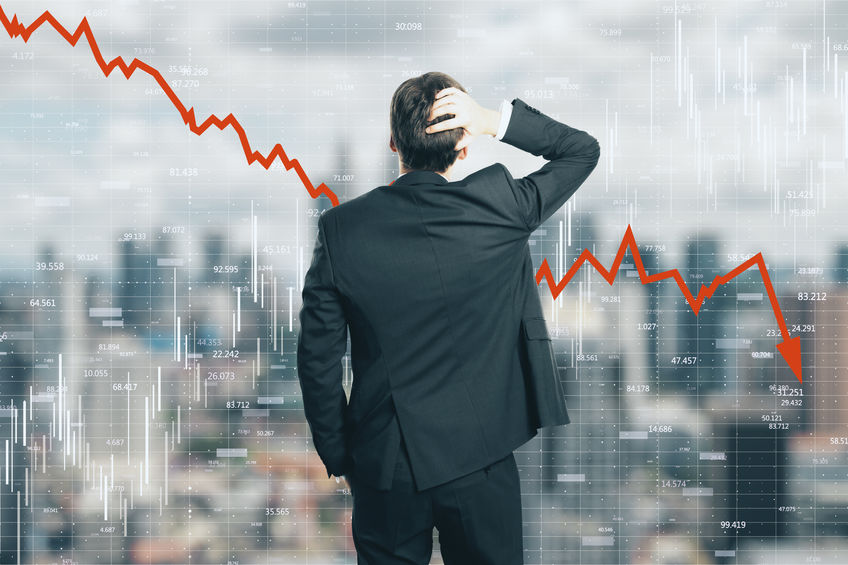The COVID-19 pandemic has caused millions of people to lose their jobs or forced many people to work from home as states shut down businesses in an abundance of caution.
All over the country, there has been an almost 500 percent increase in requests for unemployment insurance since the beginning of the pandemic. In the state of Arizona specifically, there has been in excess of a 600 percent increase in requests. Due to the massive loss of jobs, people are no longer able to travel, leading to a decrease in hotel occupancy. The tourism industry in Phoenix has suffered as well, with fewer people coming to the state to visit because of the shutdown. Another area of the economy that has been losing money is the movie industry. Theaters have been forced to remain closed while they figure out how to social distance, and movies are being released straight to On-Demand, rather than being released into theaters. Viewers are able to rent new movies they want to see from websites like those for AMC or view them on streaming sites.

According to Elliott Pollack, an economist in Scottsdale, there have been over 700,000 claims for unemployment checks since mid-March. That is the equivalent of around 50,000 people per week over the last 14 weeks. This is 520 percent more than it was a year ago. The economy has not crumbled this quickly before, nor have this many people lost their jobs. The unemployment rate at this point is 8.7 percent, which is down from 13 percent, but more than the three percent of a few months ago. The industries where people had to be close together in large numbers have suffered the most: leisure, hospitality, travel, sporting events, etc. The state of Arizona, along with a lot of other places, did not reopen well because people have equated being able to go out again with the problem being over. This issue will not be over until there is a vaccine, or some type of medication that limits the impact of COVID. The governor is trying to get bars and restaurants to take restrictions more seriously in order to stop the spread. Even if people had money to spend, they couldn’t because of all of the retail stores being closed.
Before a vaccine is released, people are going to learn how to be very careful. They will not be able to go out as much as they have been over the past month. People will not be spending as much time in malls and stores, which will flatten out the recovery curve. After there is a vaccine, the economy can truly be on the road to being back to the normal that we are used to. This process will take at least two years though. Some businesses will not have the option to reopen because it is too late for them.
Pollack does not believe that a lot of smaller businesses will be able to come back from the losses that they have suffered since the beginning of the pandemic. The majority of these businesses have five employees or less, and simply did not have the capital to survive something this catastrophic. The government did not act quickly enough to get them the help they needed, and in some cases they fell through the cracks completely. For some of these businesses, paying their employees was not their largest expense. Rent, supplies, and other things took up most of the money that they were able to bring into their business. There are even some larger businesses that are filing for bankruptcy. There are forecasts that predict a quick recovery in the third and fourth quarters, but it all depends on how quickly COVID-19 spreads. In the areas where people are not following CDC recommendations, the quicker the disease will spread.
According to Pollack, the financial, physical and mental damage of the economy closing was far greater than it would have been if everything had stayed open. At the time everything began to take place, we did not know what we were fighting against, so everything was shut down as a precaution. Pollack thinks everything opened up three to four weeks after they should have, given that we had more information on COVID in mid-April than we did in mid-March. With everything that has gone on, basically every one out of four people were told that they would lose their jobs. If there is no follow up to the CARES Act, a lot of people will have to dig out of a very big financial hole. This act became a loan that some businesses will never be able to pay back, instead of being the grant it was supposed to be. “How quickly the recovery occurs is a function of how quickly we learn to live with the disease until there is a vaccine,” Pollack said.




